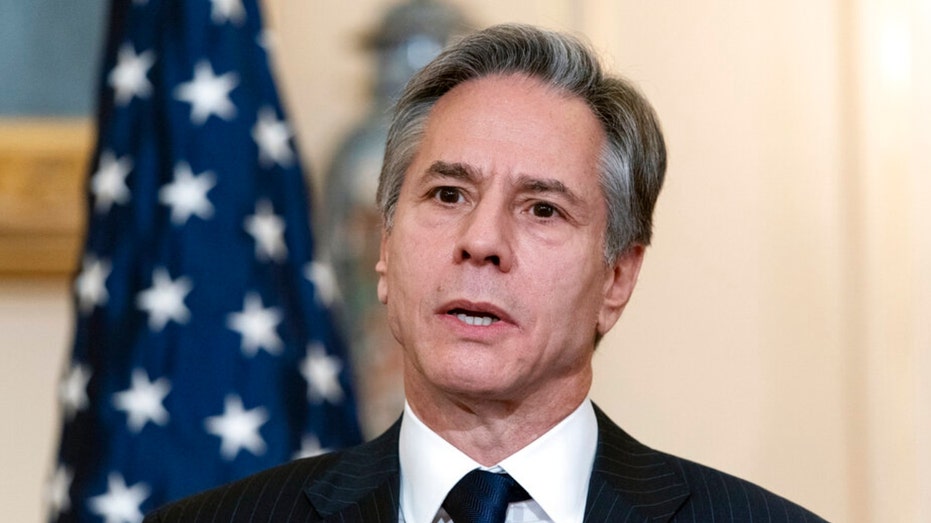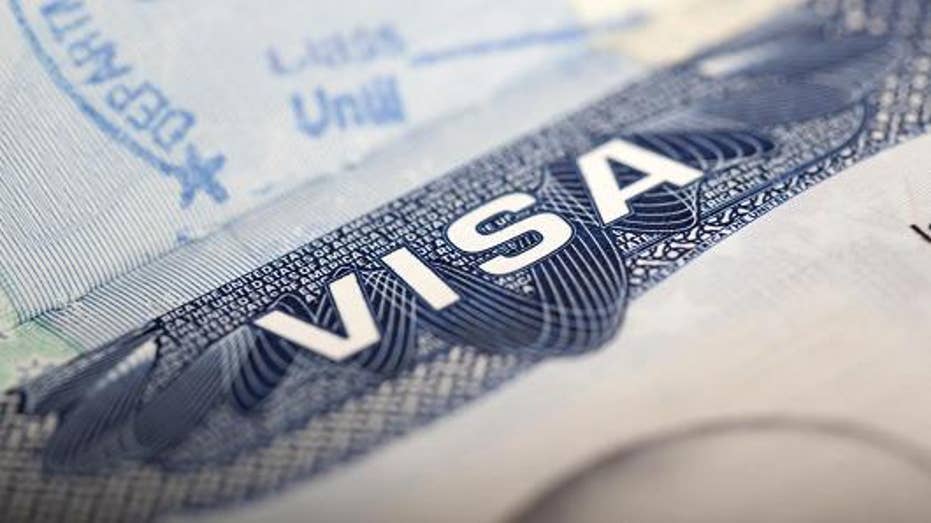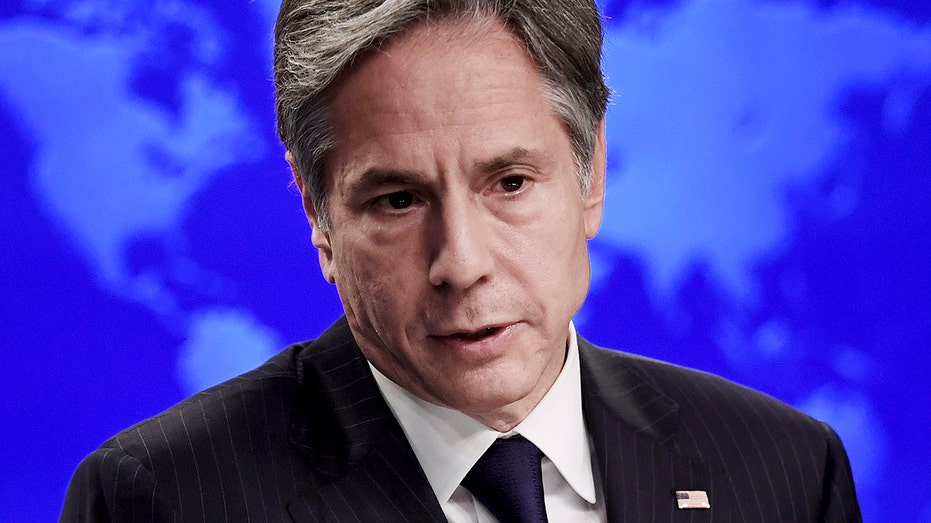State Department waives interviews for H-1B, student, and other nonimmigrant visas
H-1B visas holders are highly coveted by US corporations
Fox News Flash top headlines for December 23
Fox News Flash top headlines are here. Check out what's clicking on Foxnews.com.
The State Department announced that it will continue waiving in-person interviews for certain nonimmigrant visas through the end of next year.
"The Department of State recognizes the positive impact of temporary work visa holders on the U.S. economy and is committed to facilitating nonimmigrant travel and reducing visa wait times," Foggy Bottom said in a press release Thursday. "We are pleased to announce that consular officers are now temporarily authorized, through December 31, 2022, to waive in-person interviews for certain individual petition-based nonimmigrant work visas."

Secretary of State Antony Blinken. AP Photo/Alex Brandon, Pool). (AP Photo/Alex Brandon, Pool / AP Newsroom)
Among the categories eligible to waive in-person interviews are H-1B visas, which are designed for "Persons in Specialty Occupations" and are the most common work visas used for foreign employees to get authorization to work in the United States.
The move extends the policy originally announced in March 2020 in an attempt to ease wait times during the COVID-19 pandemic.
"The COVID-19 pandemic resulted in profound reductions in the Department’s visa processing capacity," the State Department said. "As global travel rebounds, we are taking these temporary steps to further our commitment to safely and efficiently reduce visa wait times while maintaining national security as our priority."

In-person interviews are typically the last step an applicant has to go through in the visa process, but the process has been hampered by the pandemic. About 60% of U.S. consulates remain partially closed or are operating at reduced capacity, leaving many work visas unprocessed.
CLICK HERE TO GET THE FOX NEWS APP

Secretary of State Antony Blinken. (Olivier Douliery/Pool via AP) (AP / Associated Press)
Visas for students, temporary agricultural and non-agricultural workers, and student exchange visitors will also not require in-person interviews as part of the policy, though embassies will still be able to conduct interviews as necessary.
"Embassies and consulates may still require an in-person interview on a case-by-case basis and dependent upon local conditions," the State Department said.




















